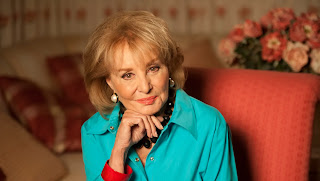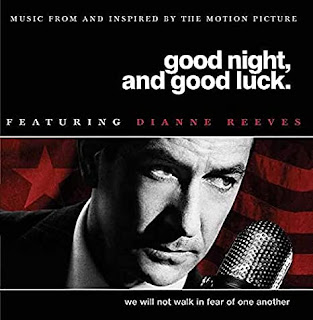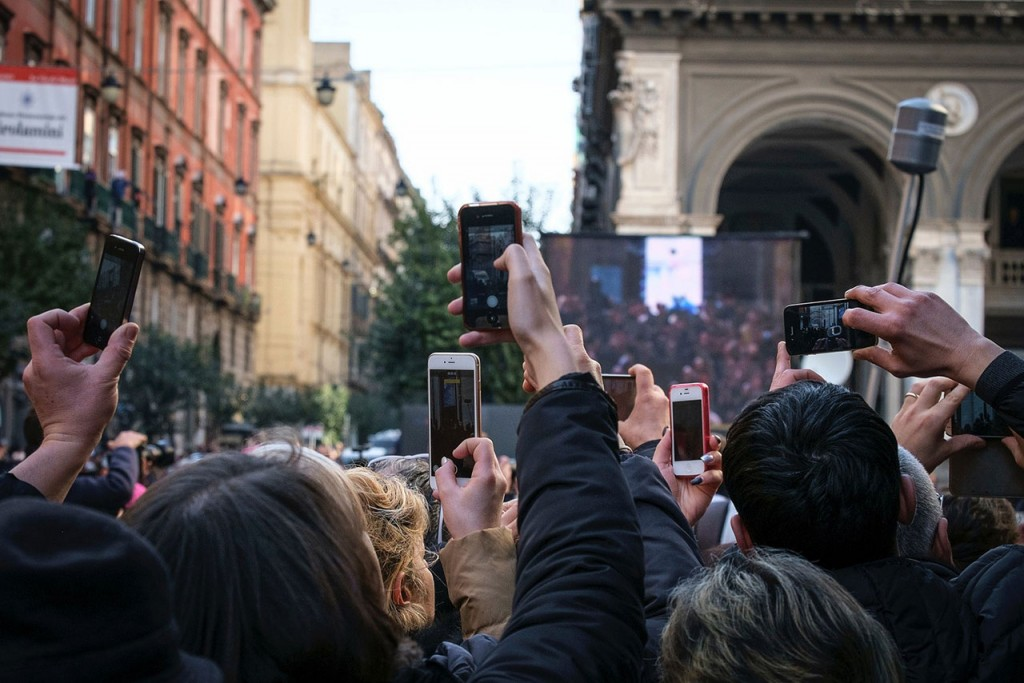Bernard Shaw was born on May 22, 1940, in Chicago, IL. His parents were Edgar Shaw and Camilla Shaw, formerly Murphy. Shaw's mother, Camilla, was a house-keeper and his father, Edgar, was a railroad man and house-painter.
Shaw is a retired American journalist and former lead anchor for the Cable News Network (CNN) from 1980 to March 2001 when he retired at age 60. Before joining CNN, Shaw worked for two of the three national television networks, CBS and ABC. In Shaw's storied career, he has covered some of modern history's most dramatic events. Such events include China's Tiananmen Square student massacre, Nicaraguan Revolution, Watergate, the 1978 Jonestown mass suicide and American involvement in the Persian Gulf War. Shaw is widely regarded as the nation's most powerful black television journalist. He retired from CNN in 2001 in order to pursue his interest in writing.
Shaw attended the University of Illinois at Chicago Circle and had memberships in the National Press Club and the fraternity Sigma Delta Chi.
While Shaw had a memorable career, he is mostly remembered for a few select moments. One moment being in the second Presidential debate with George H.W. Bush in 1988. Shaw knew that the Democratic U.S. presidential candidate, Michael Dukakis, opposed the death penalty so Shaw asked him a question.
Shaw asked him, "Governor if Kitty Dukakis (Michael Dukakis' wife) were raped and murdered, would you favor an irrevocable death penalty for the killer?"
To this question Dukakis responded, "No I don't Bernard and I think you know that I've opposed the death penalty during all of my life. I don't see any evidence that it's the deterrent, and I think there are better and more effective ways to deal with violent crime."
Many people felt different ways about the situation. Some people felt Dukakis answered the question too logically and robot-like and maybe wasn't emotive enough in his response. Dukakis never really addressed or referenced the fact that his wife was used in the example. Others felt that Shaw's question was inappropriate and not unjustified.

Although Shaw initially expressed doubts about the probability of war between the United States and Iraq, four months later he admitted that his prediction was purely bred from a place of hope.
In January of 1991, Shaw was in Baghdad to interview Iraqi dictator Saddam Hussein when things took a turn. Just one day after the cancelled interview, Shaw found himself stranded, along with CNN colleagues, Peter Arnett and John Holliman, in the enemy capital as the bombing attack launched the Gulf War. Shaw was one of the first reporters to announce to the world that the United States and its allies had gone to war, and CNN went on to provide continuous coverage for the conflict's duration. Even after every major newspaper had pulled out, after the Big Three's phone lines were cut, and after CNN lost its picture transmission, the network was able to make live reports from Baghdad via its secure phone line.
While the sounds of screaming, gunfire and air-raid warnings filled the air, the CNN trio crawled around the floor of their hotel room and delivered some of the most captivating audio reporting.
"By the time we stopped broadcasting to get some sleep," Shaw said, "I was so tired I was making no sense whatsoever. I was no sooner in bed and asleep when the bombing started again, and I stumbled down the hall in my pajamas to the suite where we broadcast and went back to work."
Shaw was known as stoic and rather emotionless, but this experience flustered the normally composed Shaw, as it would most people. He announced: "Clearly I've never been there, but it feels like we are in the center of hell."
Shaw's reporting was so impressive that it garnered the following response.
"We've been training for this story 24 hours a day for ten years," CNN's executive vice-president Ed Turner (no relation to Ted Turner) told the Chicago Tribune. Live wartime coverage from the center of enemy camp is unprecedented.
When Shaw returned he had a lot to say, "I came back from Baghdad a changed man," he told the Los Angeles Times. "I looked death in the eyes. No human gets many chances to do that twice."
On March 30, 1974, Bernard Shaw married Linda Allston. Shaw and Allston had two children: Amar Edgar Shaw and Anil Louise Shaw.
Shaw retired from CNN at age 60 after over 20 years at the job. His last newscast was February 28, 2001.
Shaw said, "Harder than getting into this business is leaving it."









.webp)






















